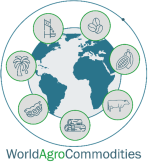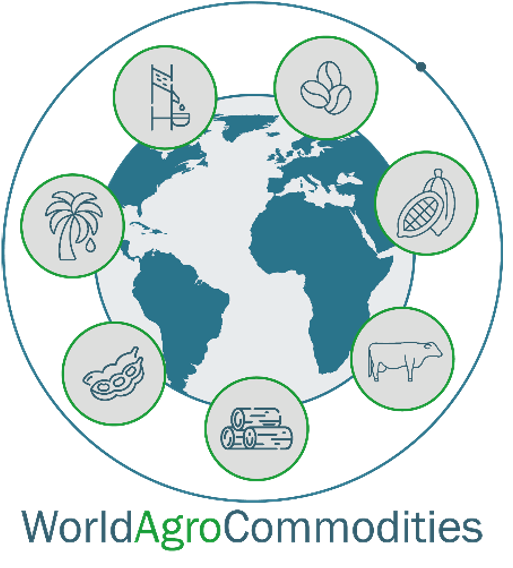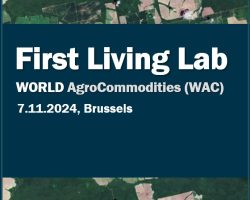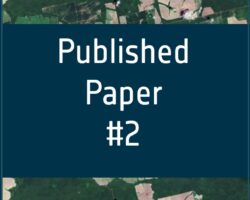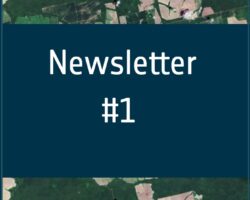GAF AG, an e-GEOS (Telespazio/ASI) company, and a consortium of European partners (VITO, Wageningen University, GFZ, e-GEOS, Meridia, and Terrasphere) have been awarded the ESA World AgroCommodities (WAC) contract following a competitive tendering procedure. The project, with a duration of 24 months, focuses on the EUs Deforestation Free Supply Chain Regulation (EUDR). The objective is to support EU Member States in verifying that imported commodities come from deforestation free areas, and the project will contribute to the EU’s emission reduction policies.
A consortium led by GAF AG, and also including partners VITO (Belgium), Wageningen University (Netherlands), GFZ (German), e-GEOS (Italy), Meridia and Terrasphere (Netherlands), has been awarded a contract by the European Space Agency to perform the ESA WorldAgrocommodities project, which started in the first week of September 2024. It has a duration of 24 months and will make a major contribution to the EUs emission reduction policies.

The EUDR requires that all operators that export commodities to the EU, such as cocoa, coffee, soy, oil palm, rubber, cattle and wood (and derived products), have to provide a Due Diligence Report which identifies every parcel of land from which the commodity was sourced, with geolocation information ensuring there has been no deforestation in these areas since 31 December 2020. The main goal of the current ESA project is to support the EU Member States (MS), which monitor compliance with the EUDR, by providing an approach that can be used to help identify and verify the crop type and if the commodity originates from deforestation free areas. This is a core part of the due diligence that has to be performed by commodity suppliers.
GAF AG and the consortium together form a very experienced group in the agro-commodity mapping/traceability and tropical deforestation monitoring domain. With almost 40 years of experience, GAF is one of Europe’s forerunners and market leaders in satellite data reception and distribution, advanced analysis techniques, AI processes and the tailor-made development of geoinformation and software systems, platforms and consulting solutions. The engagement with the Competent National Authorities (CNAs) of the Member States that have to undertake the verification has already started and a consultative process is at the heart of the project.
